In Bai Tam hamlet, Nat Son commune, where 197 ethnic minority households live, domestic water used to be a constant concern, especially in the dry season. Previously, people had to travel dozens of kilometers into the forest to bring water. After receiving support to build a clean water system worth more than 3 billion VND from the National Target Program (MTQG) for socio-economic development in ethnic minority and mountainous areas, people's lives have changed significantly. "The investment in a clean water system not only helps people have enough water but also ensures hygiene and health safety" - Mr. Bui Cong Du, Head of Bai Tam hamlet shared.
Similarly, people in Cang hamlet, Tan Hoa ward also faced a shortage of domestic water due to the lack of investment in a tap water system. In previous years, although there was a source filter tank, the efficiency was not high, and there was often a water shortage in the dry season. At the end of 2024, thanks to funding from Project 1 under the National Target Program for Socio-Economic Development of Ethnic Minorities and Mountainous Areas, the locality was invested in a 50m3 capacity filter tank system, providing clean water to all households in the hamlet. Mr. Nguyen Van Duong - a resident of Cang hamlet said: "The water after filtering is very clear, ensuring hygiene. We are also aware of protecting the source forest, working with the management team to regularly check and maintain the project so that it can be used effectively and for a long time."
People of Bai Tam hamlet, Nat Son commune check the operation of the newly invested clean water system in the hamlet.
According to statistics, tens of thousands of households in extremely difficult areas of the province have benefited from clean water support policies. Many centralized water supply models, reservoirs, and water filtration systems have been deployed in accordance with local conditions. In the 2021-2025 period, for the National Target Program on Socio-Economic Development in Ethnic Minority and Mountainous Areas alone, the province was allocated a total central budget of more than VND 4,365 billion, of which development investment capital was more than VND 2,411 billion and public expenditure was nearly VND 1,955 billion. In addition, the province mobilized more than VND 98 billion from credit capital and contributions from people, along with nearly VND 18,282 billion from other programs. From this resource, many rural infrastructure projects and livelihood support projects for people in difficult areas have been deployed. Of which, 42 centralized water works were newly built, nearly 20 thousand households were supported with decentralized domestic water, bringing the rate of households in the whole province using hygienic water to more than 98%.
Not only helping people have a stable water source, clean water projects also contribute to reducing water-related diseases, improving health, creating conditions for children to study, and people to work with peace of mind. This is also an important foundation for many localities to complete the clean water criteria in building new rural areas, shortening the development gap between mountainous and lowland areas.
In practice, investing in clean water for disadvantaged areas is a correct policy, with profound humanitarian significance. However, in order for the project to be effective in the long term, it is necessary to focus on maintenance, technical training, and encourage community participation in management and operation. Ms. Nguyen Thi Oanh - Head of the Department of Ethnic Policy, Department of Ethnic and Religious Affairs said: "When surveying and constructing a project, it is necessary to choose a location with a guaranteed and well-protected water source. The people who are the beneficiaries also need to commit to participating in the management, maintenance and upkeep of the project. Only when there is cooperation will the projects be truly sustainable and bring practical benefits."
Dinh Hoa
Source: https://baophutho.vn/nuoc-sach-nbsp-nong-thon-nbsp-cho-dong-bao-nbsp-vung-nbsp-kho-khan-239372.htm



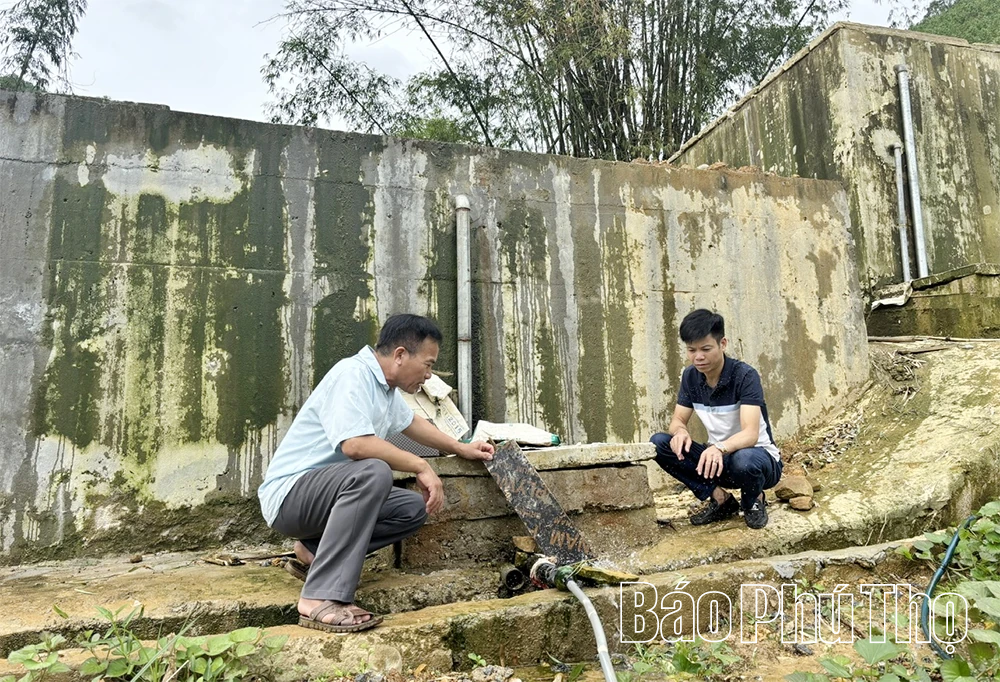




![[Photo] Science and Technology Trade Union honors exemplary workers and excellent union officials](https://vphoto.vietnam.vn/thumb/1200x675/vietnam/resource/IMAGE/2025/9/17/842ff35bce69449290ec23b75727934e)
![[Photo] General Secretary To Lam chairs a working session with the Standing Committee of the Government Party Committee](https://vphoto.vietnam.vn/thumb/1200x675/vietnam/resource/IMAGE/2025/9/17/cf3d855fdc974fa9a45e80d380b0eb7c)
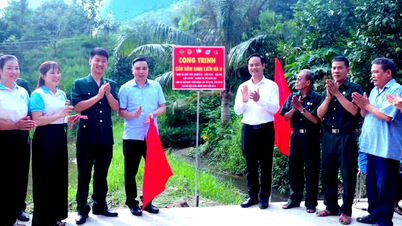

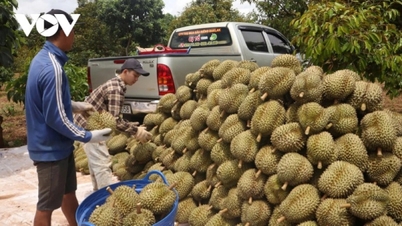

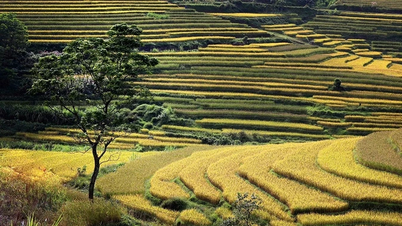
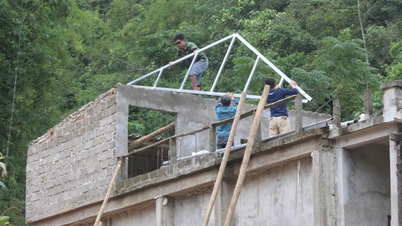
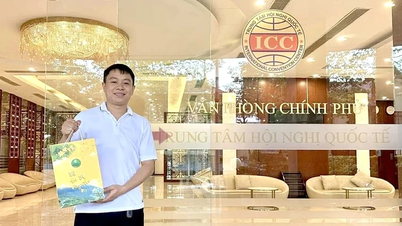


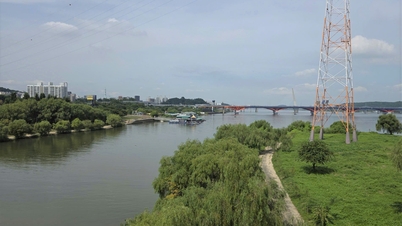

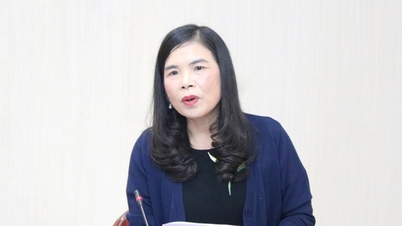





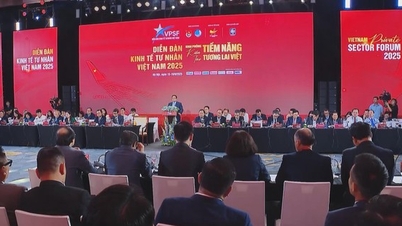









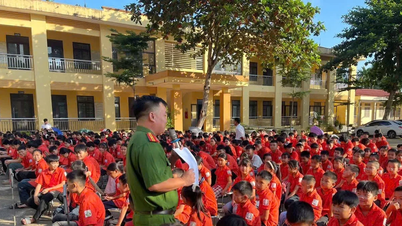









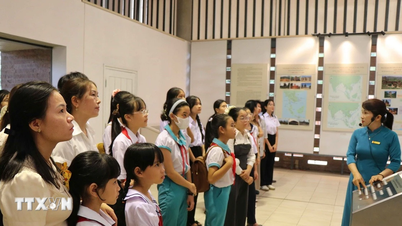

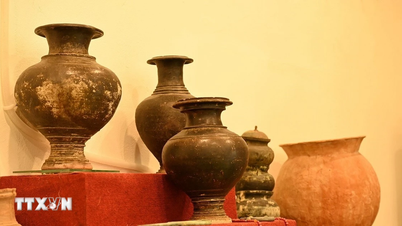





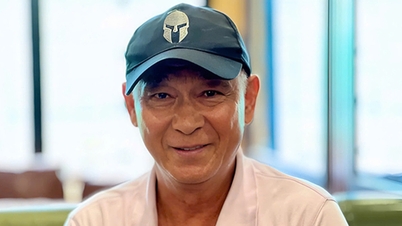

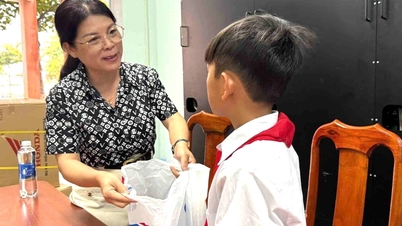
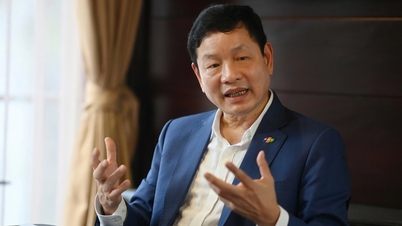

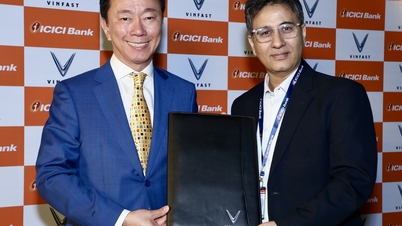


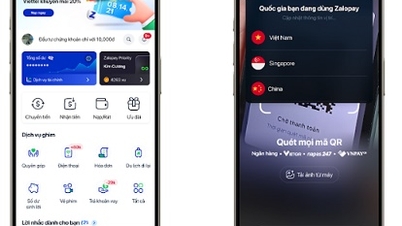





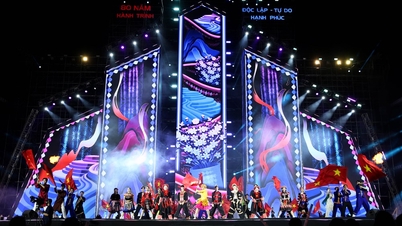










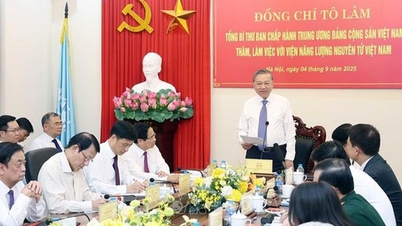


















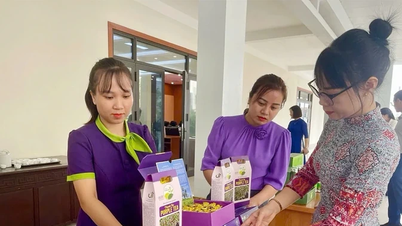









Comment (0)